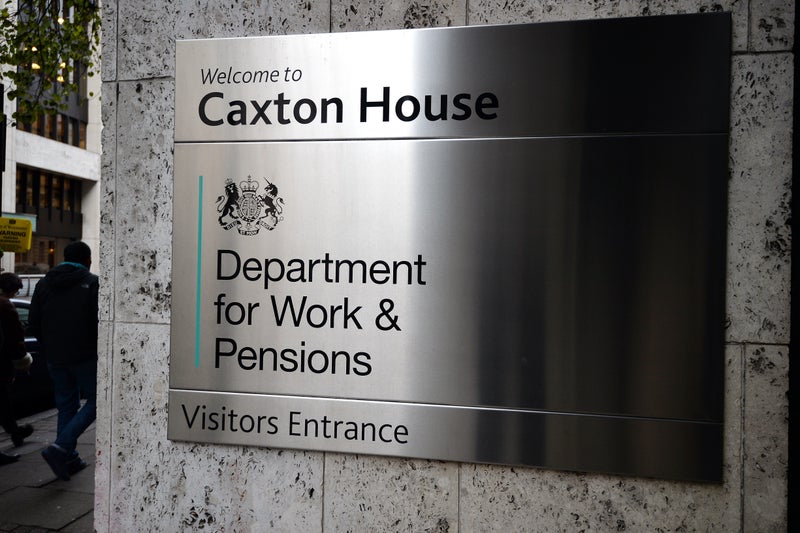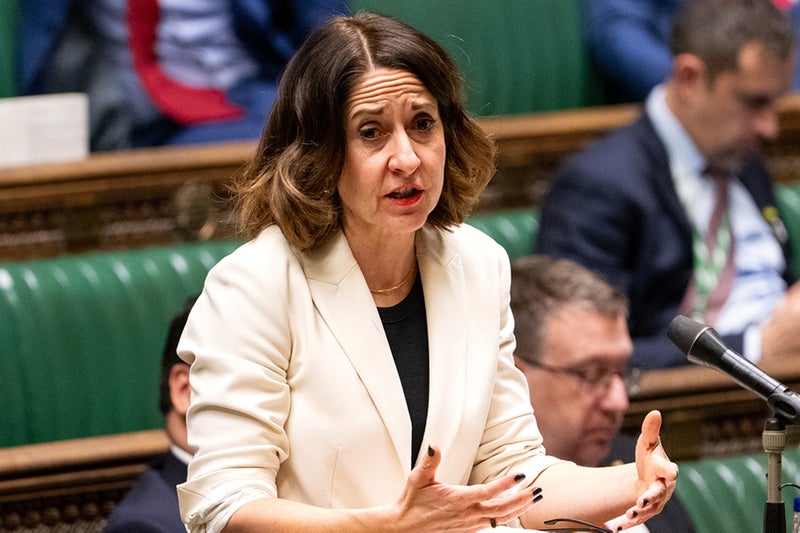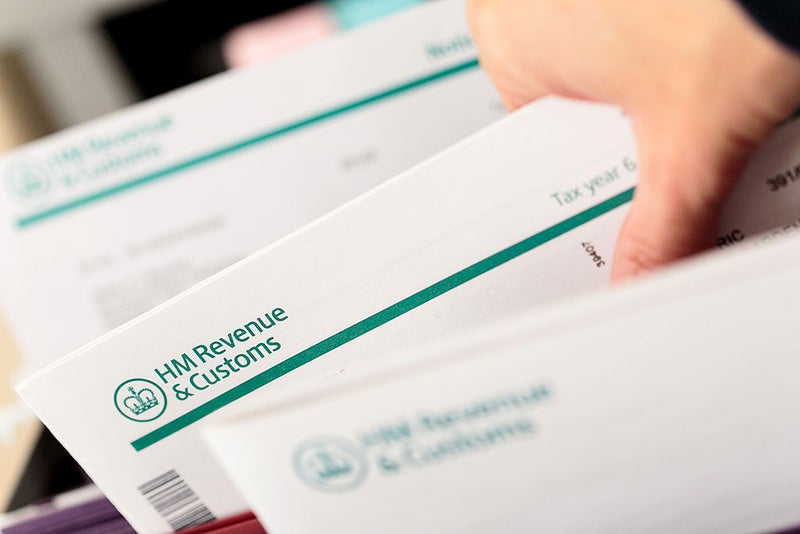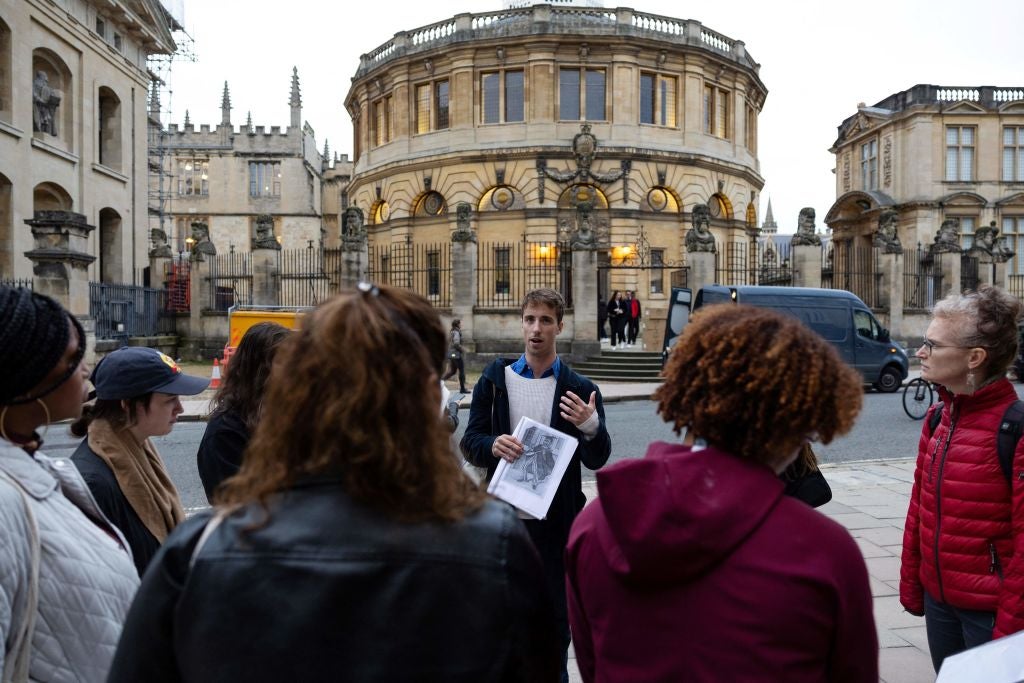Kendall seeks to ease ‘snoopers’ charter’ fears over benefit fraud crackdown
Kendall seeks to ease ‘snoopers’ charter’ fears over benefit fraud crackdown
Share:
People entitled to claim benefits have “nothing to worry about” from new powers designed to curb multibillion-pound benefit fraud, according to Liz Kendall. The Work and Pensions Secretary sought to assure MPs over the scope of the changes contained in the Public Authorities (Fraud, Error and Recovery) Bill, amid concerns it could act as a “snoopers’ charter”. The Bill seeks to allow the Department for Work and Pensions (DWP) to recover money directly from fraudsters’ bank accounts and have the power to obtain statements from people they believe have enough cash to pay back welfare debts, but are refusing to do so.
Courts could also suspend fraudsters’ driving licences following an application by the DWP, if they owe welfare debts of more than £1,000 and have ignored repeated requests to pay it back. The Liberal Democrats asked Ms Kendall to withdraw the legislation and warned it is “far too much of a Big Brother Bill, it is far too much of a snoopers’ charter”. Moving the Bill at second reading, Ms Kendall said: “This Bill will help deliver the biggest ever crackdown on fraud against the public purse, which has now reached an astonishing £55 billion a year.
“This includes: fraud against our public services, like those who abuse the tax system; dishonest companies who use deception to win public contracts and manipulate invoices; and benefit fraud by criminal gangs and individuals, which now stands at a staggering £7.4 billion a year.”. Ms Kendall accused the Conservatives of having “completely failed” to update the powers of the DWP to combat fraud, and described the Bill as “tough” on those trying to “cheat” the system but “fair” to those claimants who make “genuine mistakes”.
Independent MP Richard Burgon (Leeds East), who lost the Labour whip after rebelling to support moves to scrap the two-child benefit cap, sought assurances over how the powers will be used against individuals. He welcomed moves to pursue organised criminal gangs, adding: “I put in a written question to the Department for Work and Pensions asking about the amounts lost in personal independence payments (PIP) fraud and the answer came back that in 2022/23 only 0.2% rate … was fraudulently claimed by PIP claimants.
“So will the Secretary of State agree that whilst they pursue criminal organised gangs, it’s really important that we make clear that there cannot be any hostile approach to disabled people claiming PIP or disabled people more widely using the benefits system as they deserve to.”. Ms Kendall replied: “People who are genuinely entitled to claim benefits have nothing to worry about from this Bill, but we do believe that £7.4 billion wasted every year on benefit fraud must be cracked down on.”.
The DWP will not be able to access people's bank accounts or look at what they are spending, we will not share any personal information with banks. Labour MP Dame Meg Hillier, who chairs the Treasury Committee, sought assurances that people affected by errors would “not have money taken out of their bank accounts”. Ms Kendall replied: “I think that the measures introduced in this Bill will actually help us spot and then prevent those errors in the first place because people make genuine mistakes and we do not want them build up errors and debt that they have to repay.”.
Ms Kendall said the Information Commissioner’s Office has reviewed the Government’s proposals and is “very clear the measure now more tightly scopes the information that can and cannot be shared, specifies much more clearly those in the scope of the power, requires a code of practice that will be a statutory code of practice before measures are taken”. In further remarks on the “eligibility verification measure”, Ms Kendall also said: “The DWP will not be able to access people’s bank accounts or look at what they are spending, we will not share any personal information with banks.
“Once an alert has been issued, any final decision about someone’s benefits will always be taken by a human being and the state pension will be excluded from the measure. “There will also be independent oversight of this power on the face of the Bill, with a requirement to produce reports and lay them before Parliament.”. Liberal Democrat work and pensions spokesman Steve Darling said: “Clearly, defrauding the benefits system is wrong. One only has to reflect on the level of disinvestment that we’ve seen under the previous government of many of our public services to know how this can bleed the system dry.”.
He later added: “Whilst one understands the aspirations of this Bill, it is far too much of a Big Brother Bill, it is far too much of a snoopers’ charter, and I would suggest to the minister that they withdraw this Bill.”. Elsewhere in the Bill, the Public Sector Fraud Authority will be given more powers to tackle Covid-era fraud. The Conservatives welcomed the Bill in principle. Shadow work and pensions secretary Helen Whately said: “Of course the Government should go after fraudsters, but I do also worry that some of this power could be abused and, in its current form, it may breach laws on the state taking someone’s property without due process, so I would be interested to hear if experts within the legal sector have been consulted on the legislation as drafted.”.





















